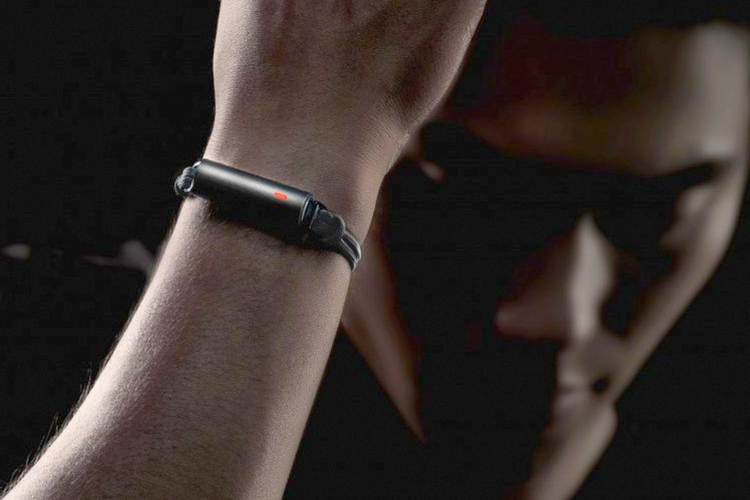Childhood Obesity & School Lunches – Truth or Scapegoat?
The University of Michigan Cardiovascular Center has released an interesting study about childhood obesity. The study of 1,003 sixth graders showed that “children who are obese were more likely to consume school lunch ….”. This claim may be a bit misleading in an attempt to place blame on the schools, however.
Childhood obesity is, to me, one of the most upsetting health problems. A child who is obese has a “70% chance of becoming [an] overweight or obese adult. This increases to 80% if one or more parent is overweight or obese…” according to the U.S. Surgeon General. In 1980, 6.5 percent of U.S. children aged 6 to 11 years were considered obese. That percentage rose to nearly 20 percent by 2008. Conducting long-term studies into the habits of children – both obese and healthy – are vital in understanding the root cause of this rapidly growing prolem. While many are quick to blame genetics, the University of Michigan study found the opposite to be true, according to Kim A. Eagle, M.D., a cardiologist and a director of the U-M Cardiovascular Center,
“… increasing physical activity, reducing recreational screen time and improving the nutritional value of school lunches offers great promise to begin a reversal of current childhood obesity trends.”
Politicians have been tweaking school lunch menus since President Harry S. Truman began the program in 1946. President Obama recently signed the Healthy, Hunger-Free Kids Act of 2010 to create healthier school lunches. Obama’s act is designed to improve nutrition by reducing salt, fat and sugar in school meal. But the Michigan study found that 34% percent of non-obese kids had school lunch, compared to 45% among obese students. That isn’t a big enough difference to suggest the problem lies solely in the school lunch program.
What are those non-obese school lunch eating students doing differently? And what are the obese kids who bring their own lunches eating? While school lunches are important, an investigation into the students home is a critical variable missing. That’s where habits are learned. It’s strange that this was completely ignored. I bet many obese children have overweight or obese parents. Healthy habits start at home. The study found that 58% of obese children watched 2 hours of TV per day and less than 1/3 of exercised. I’m all for video games and TV, but in a household where refined carbohydrates rule the plate, and Wii Fit is the closest thing to exercise, it’s no wonder childhood obesity is rising. With those habits ingrained from birth, it is hard to make a change.
Unless something is done to create permanent change amongst the obese children, statistics say they will become obese adults, and most likely have obese children in return. It’s a horrible cycle that creates a compounding problem. Beyond your Social Circle, and Economic Status, learning about portion control, carb reduction and exercise will go a LONG way. It’s time to change (or die).
You can read the entire study here.


